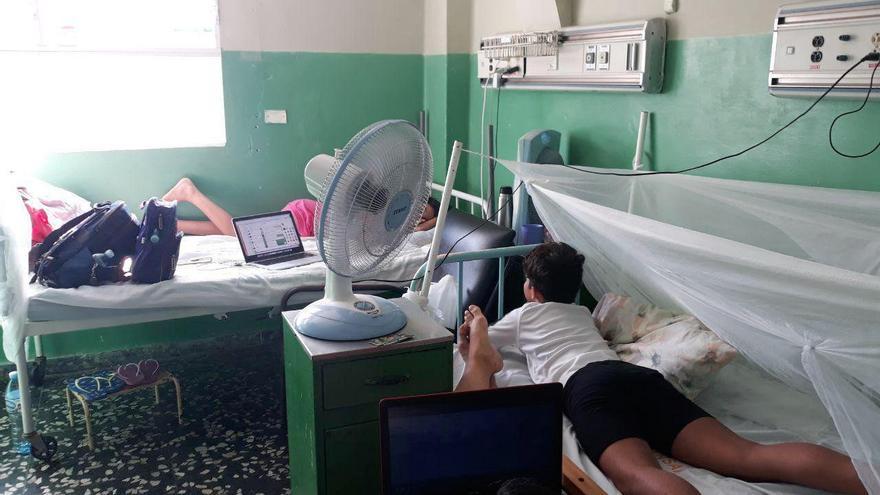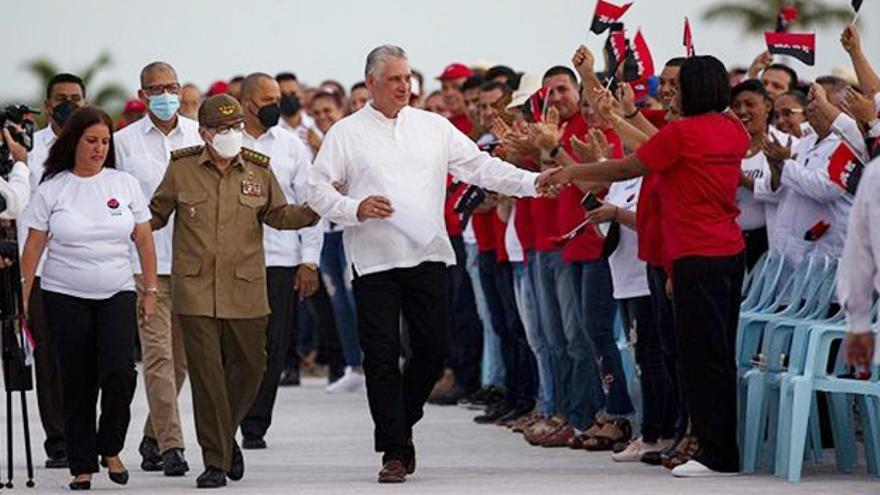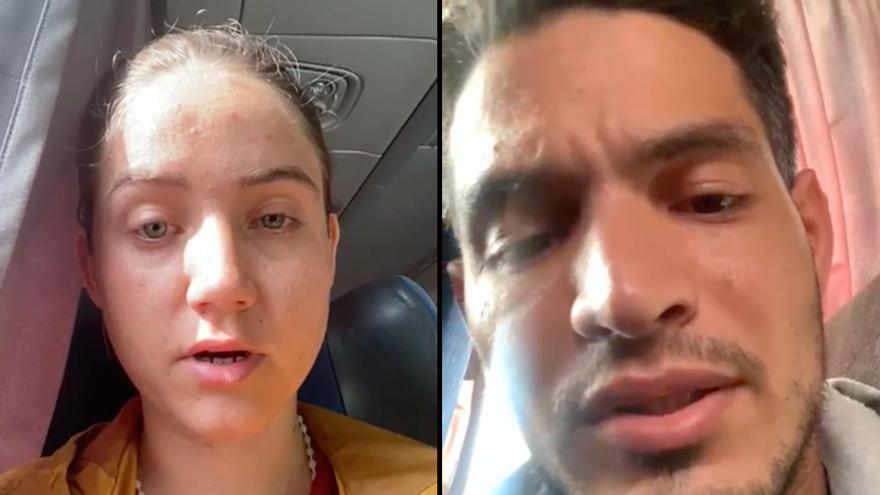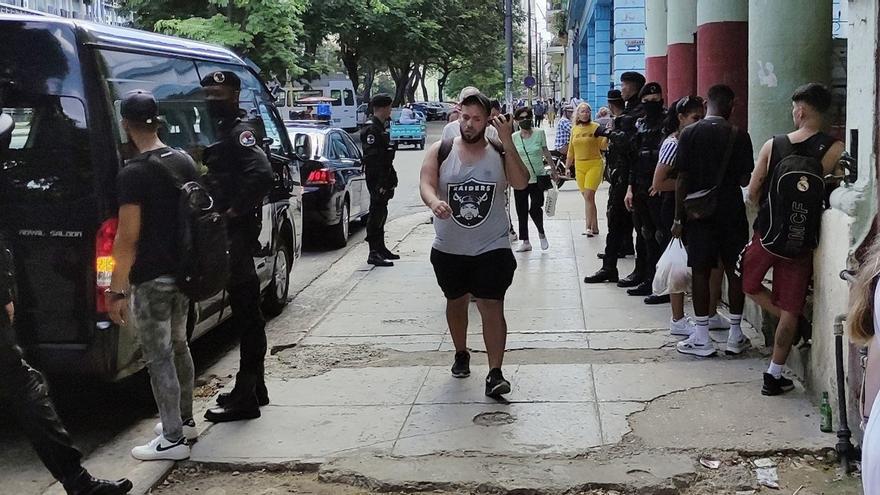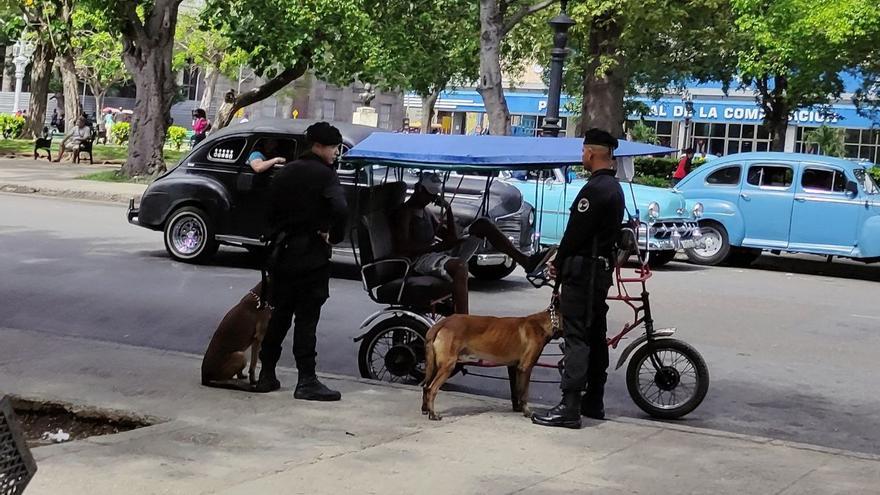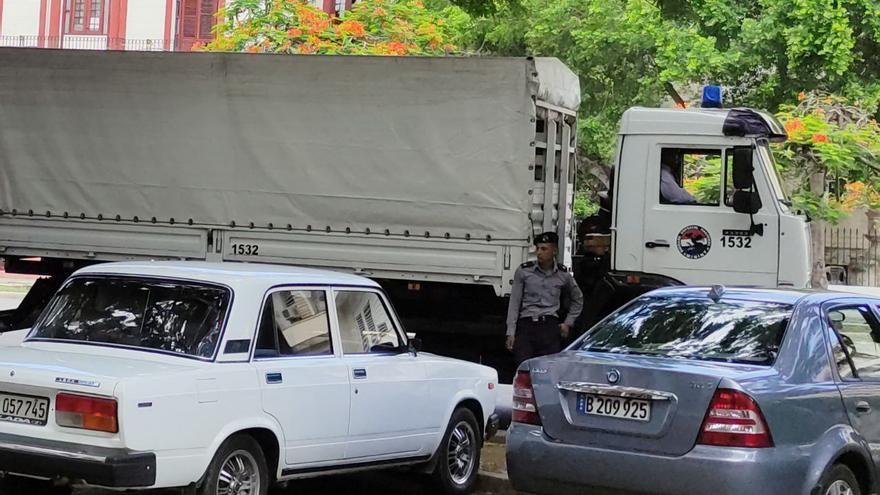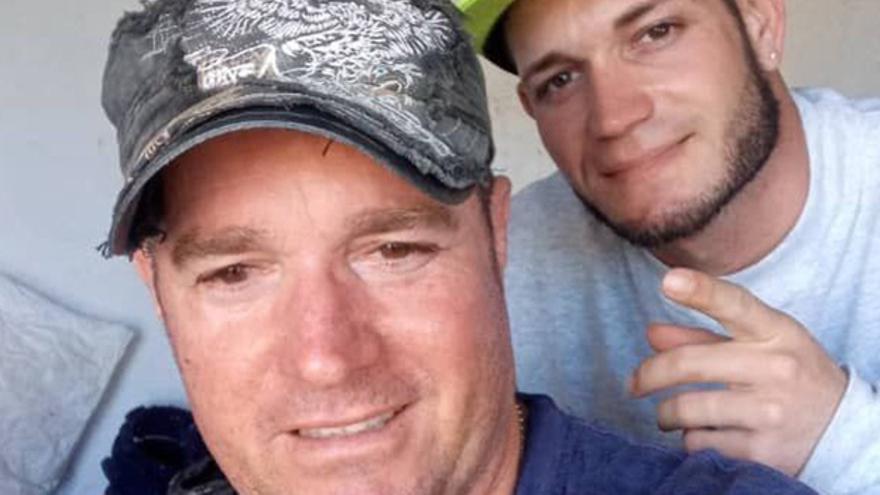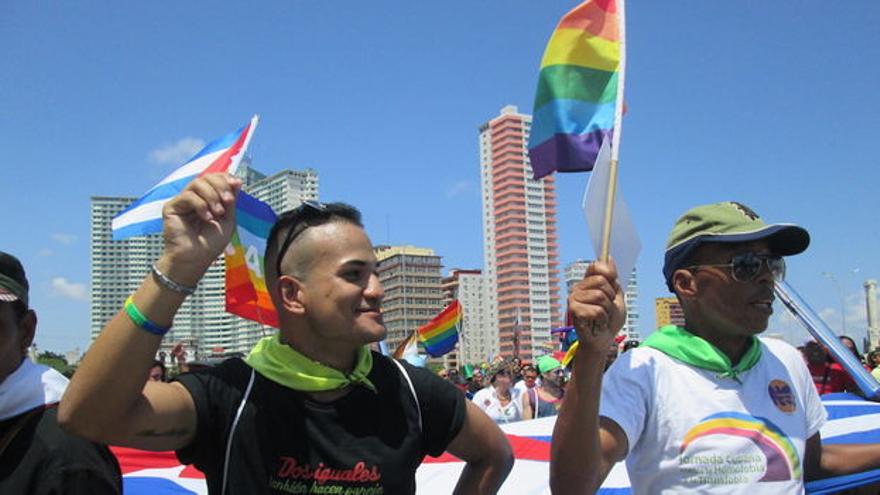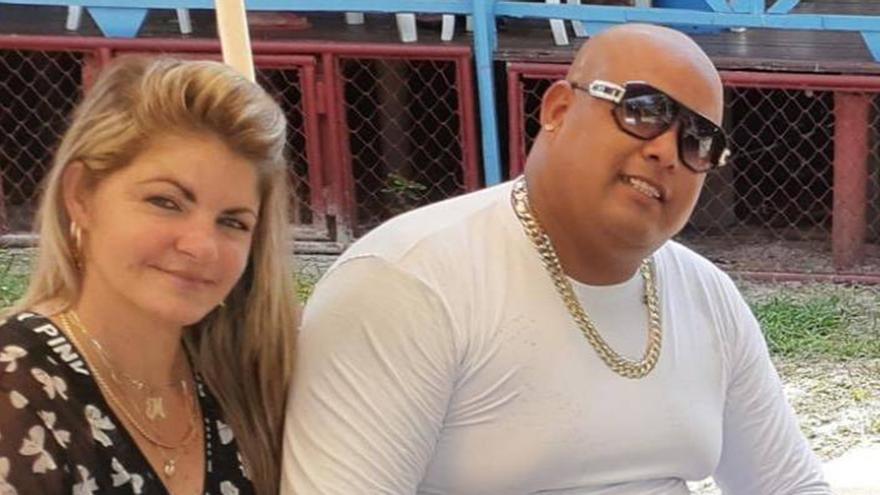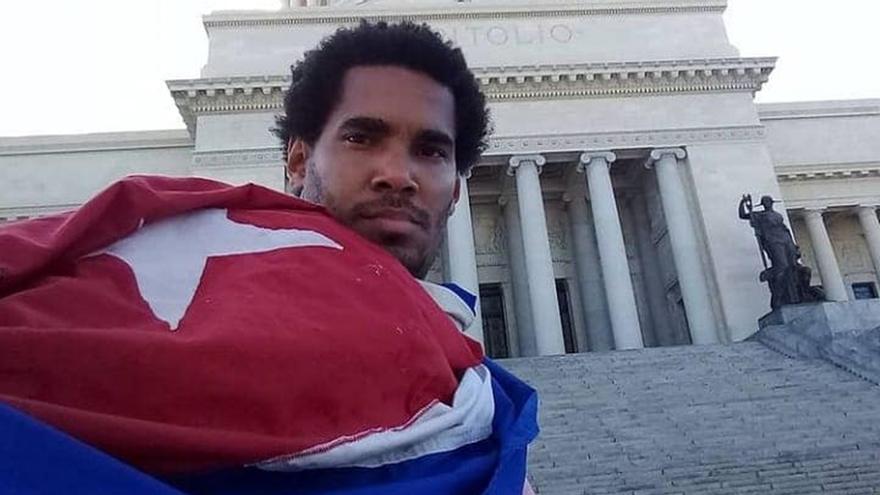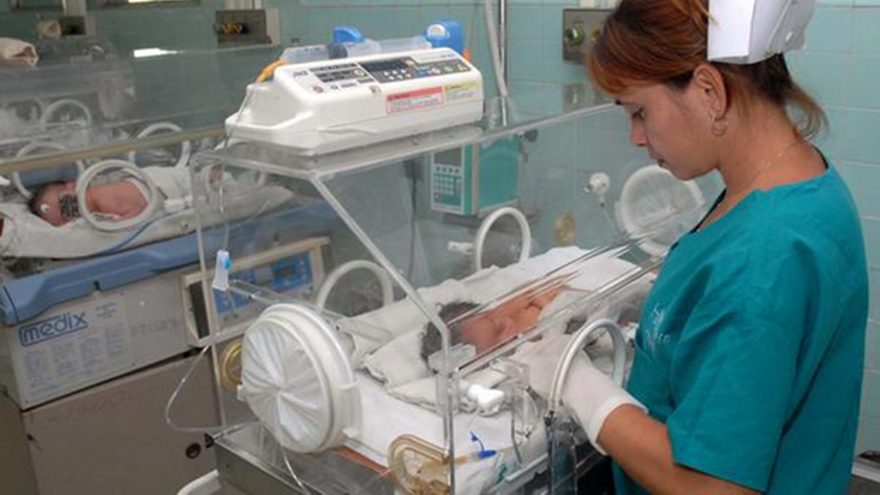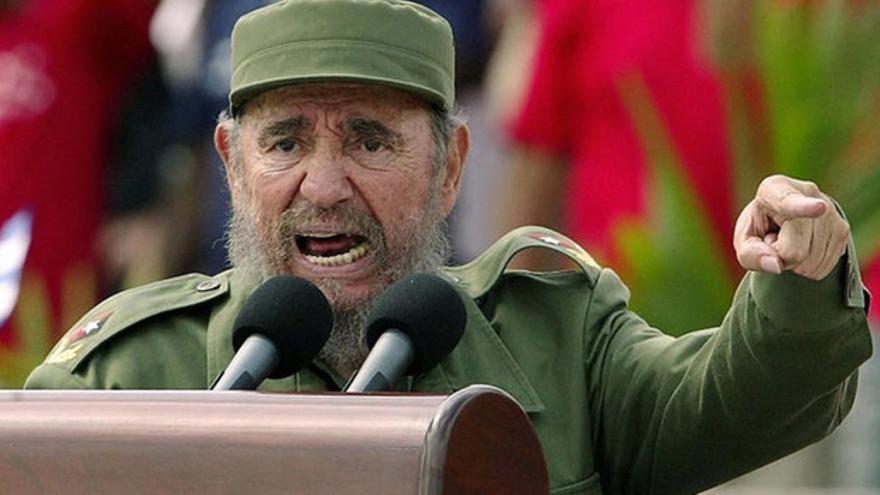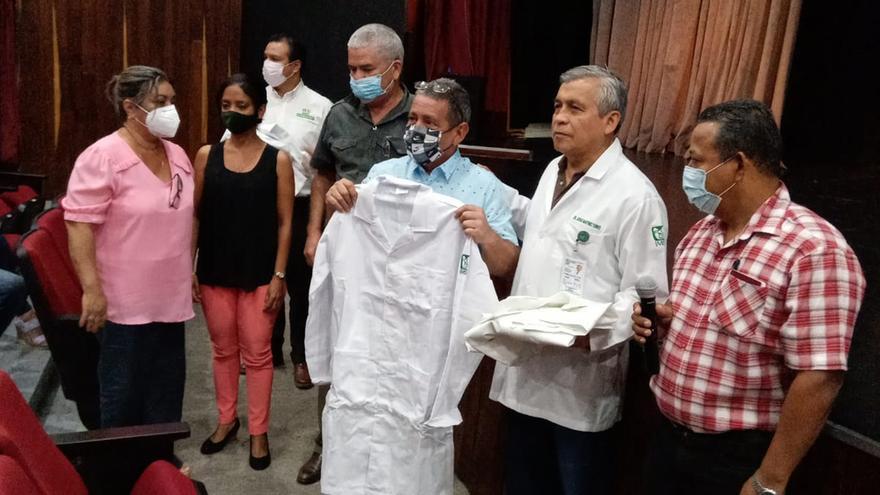
![]() 14ymedio, Ángel Salinas, Havana, 27 July 2022 — The 500 Cuban doctors who were hired by the Government of Mexico to provide services in marginal areas of the country will receive a salary similar to that of Mexican health workers. “They will receive between 41,784 ($2,042) and 35,237 pesos ($1,722) per month,” an employee of the Institute of Health for Welfare (Insabi) told 14ymedio.
14ymedio, Ángel Salinas, Havana, 27 July 2022 — The 500 Cuban doctors who were hired by the Government of Mexico to provide services in marginal areas of the country will receive a salary similar to that of Mexican health workers. “They will receive between 41,784 ($2,042) and 35,237 pesos ($1,722) per month,” an employee of the Institute of Health for Welfare (Insabi) told 14ymedio.
The source specified that, because doctors who are in the state of Nayarit have specialties in anesthesiology, general surgery, gynecology and obstetrics, internal medicine and pediatrics, they must receive $2,042 per month. Although “it’s not established whether the money will be received by them or will go through the Government of Cuba,” the official said.
“Housing and food will be covered by the municipal authorities [of the cities] where each hospital is located,” the source added, and also explained that “every 180 days the immigration permit will be renewed.”
The call issued by the Mexican Social Security Institute and Insabi indicates that the contract for doctors is temporary and will last for four months, and that the doctors will be entitled to benefits and training. Mexican President Andrés Manuel López Obrador said on Monday that Cuban health workers “will be protected” at work. continue reading
López Obrador said that after Nayarit, the next states will be Tlaxcala and Colima, plus the Sierra de Guerrero, a region that was initially pointed out by the president as the one with the greatest health need and to which the 500 doctors from the island would be sent.
On Wednesday, the health authorities of Nayarit confirmed to 14ymedio that 47 Cuban doctors were taken to the hospitals that are located in the rural towns of Las Varas, in the municipality of Compostela, Puente de Camotlán (La Yesca), Jesús María (Del Nayar), San Francisco and Tondoroque (Bahía de Banderas), and to the municipal capitals of Santiago Ixcuintla, Rosamorada and Ixtlán del Río. Seven doctors were incorporated into the staff of the central hospital of Tepic.
The Cuban medical missions that provided their service during the COVID-19 pandemic were criticized for the lack of preparation of their health workers and the high costs they represented for Mexico.
A report revealed that doctors from the island limited themselves to “making beds, taking vital signs, conducting surveys and passing sponges to patients to bathe,” while the Cuban authorities proclaimed that mortality rates had decreased during their stay in Mexico.
In March 2021 it was announced that the administration of Claudia Sheinbaum, head of Government of Mexico City, spent a total of 150,759,867 pesos ($6,986,091) on the hiring of 585 Cuban doctors who were working in the capital from April 24 to July 24, 2020, once 14,884,785 pesos ($689,749) were added for the accommodation and feeding of the doctors. For the other brigades that have arrived in the country, the amounts disbursed to the Cuban Government are not known.
On the same subject, the coordinator in the Mexican Senate of the opposition National Action Party, Julen Rementería, accused the Governments of Mexico and Cuba of orchestrating a fraud by paying,12,692,940 dollars for the hiring of 585 untitled health workers from the island.
Translated by Regina Anavy
____________
COLLABORATE WITH OUR WORK: The 14ymedio team is committed to practicing serious journalism that reflects Cuba’s reality in all its depth. Thank you for joining us on this long journey. We invite you to continue supporting us by becoming a member of 14ymedio now. Together we can continue transforming journalism in Cuba.

